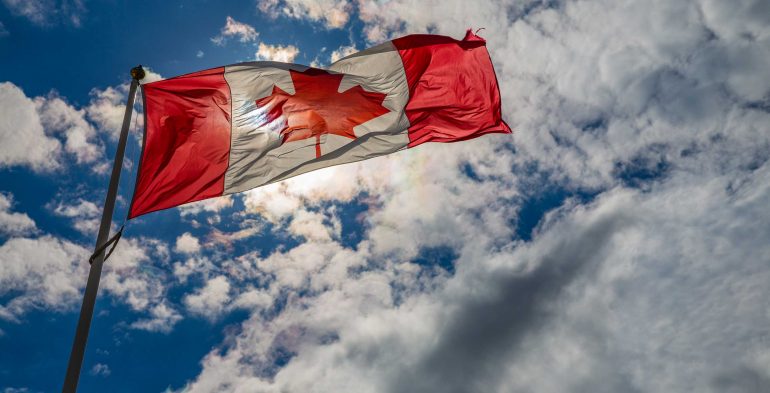Canada’s Privacy Commissioner Daniel Therrien has once again written recommendations to the House’s Standing Committee on Public Safety and National Security challenging the types of information that should be made accessible to Canadian intelligence agencies.
The Office of the Privacy Commissioner of Canada (OPC) released on March 5th, 2018 a series of recommendations for Bill C-59 (The National Security Act 2017) that the agency hopes will help lessen some of the potential privacy infringements in the bill.
In particular, Therrien’s recommendations related to “publicly available information” sought to add limits on when Canadian intelligence agencies can use information available in online public spaces — such as Facebook, Twitter and other social networks.
According to the OPC, all measures taken regarding public information should be done with reason and in proportion to the circumstances.
“In this way, a dual threshold would apply to national security information sharing,” said Therrien. The bill itself currently states that “published or broadcast for public consumption, is accessible to the public on the global information infrastructure or otherwise, or is available to the public on request by subscription or purchase.”
“On issues related to the sharing and retention of personal information, we do not believe Bill C-59 attains the standards of privacy that would adequately protect Canadians.”
– Daniel Therrien
The privacy commissioner worried that information won’t always be obtained in accordance with the Personal Information Protection and Electronic Documents Act (PIPEDA) — the federal law that governs how organizations handle private information — potentially allowing the Communications Security Establishment (CSE) to use forms of invasive surveillance to gather intelligence on Canadians.
This means that even though Canadians may have information about themselves available online, it would be a privacy invasion for a government agency to compile data and use it on Canadians without cause or consent.
Therrien argued in favour of surveillance methods that are “reasonable and proportional in the circumstances, having regard to the reasonable foreseeable effects on Canadians and people in Canada including on their right to privacy.” The Canadian Civil Liberties Association (CCLA) agreed with the OPC’s privacy concerns.
“As the privacy commissioner confirms, the assumption that there are never privacy rights at risk when information is public is false — particularly when the definition of public is defined so exceptionally broadly as to include all information on the global information infrastructure,” said Brenda McPhail, director of the CCLA’s privacy, technology and surveillance project, in an email statement to MobileSyrup.
“Usually the CSE is not allowed to direct their activities at Canadians, and this provision must not be a loophole through which CSE can acquire and possibly share information about Canadians or people in Canada which would otherwise be inaccessible to them by law. The provisions allowing collection and use of ‘publicly available’ information are some of the most troubling parts of the bill, opening a door to mass surveillance and bulk collection of information.”
As a remedy, Therrien recommended that the bill’s definition of publicly available information be changed to “specify that information is published or broadcast lawfully, and that information obtained through purchase or subscription was legally obtained or created by the vendor.”
This would mean that consent to access Canadians’ information would not be implied, forcing government to use previously established laws when it comes to gathering data on Canadians.
“Bill C-59 is a step in the right direction in many aspects, notably with improvements in review and oversight,” wrote Therrien. “…[However] on issues related to the sharing and retention of personal information, we do not believe Bill C-59 attains the standards of privacy that would adequately protect Canadians.
“…[However] on issues related to the sharing and retention of personal information, we do not believe Bill C-59 attains the standards of privacy that would adequately protect Canadians.”
This article was originally published on MobileSyrup


